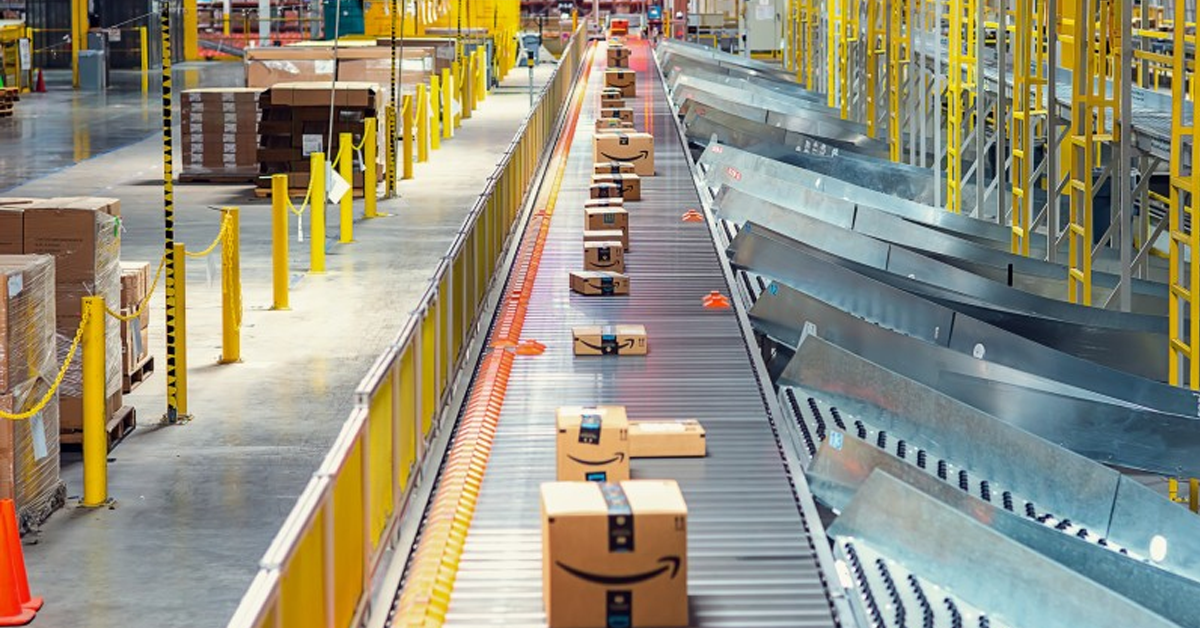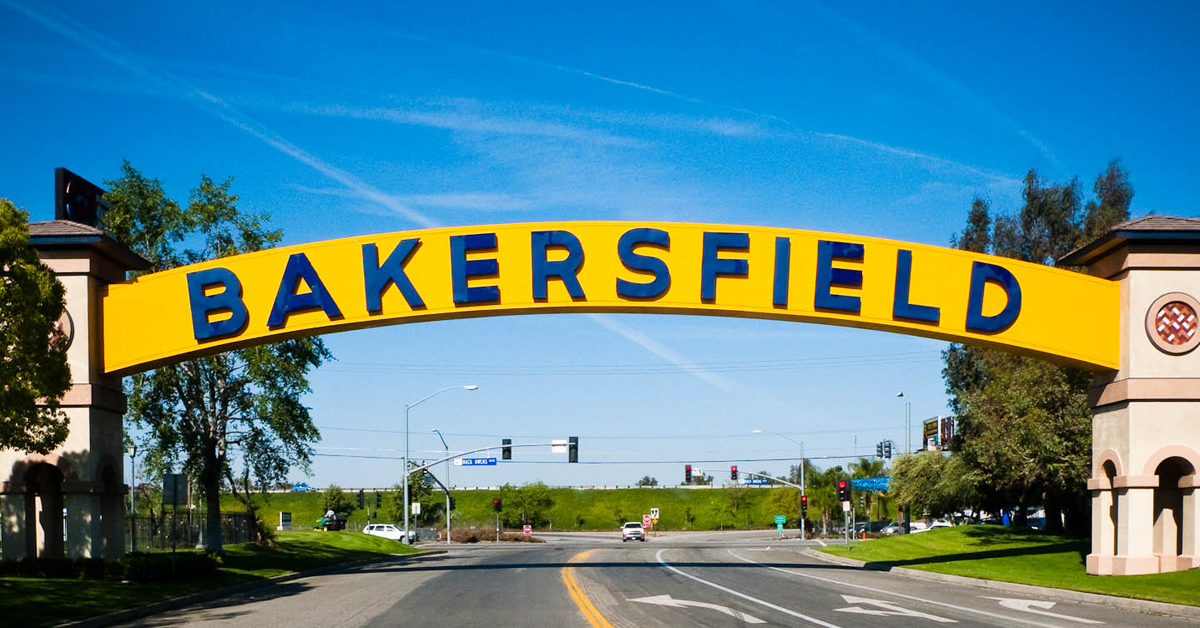A brewing push to switch who receives the tax revenues from online purchases within the state of California might gain additional support from the Golden Empire on Wednesday.
The Bakersfield City Council is set to deliberate on its position on a bevy of resolutions ahead of a conference hosted by The League of California Cities, a nonprofit that lobbies on behalf of cities throughout the Golden State.
One of the more controversial proposals is a demand that the California State Legislature enact a switch in the treatment of sales taxes on digital purchases.
The demand would require an amendment the Bradley-Burns Act, which instituted a one-percent local sales tax for in-state online purchases.
As it stands, cities collect one percent sales and use tax from online purchases, depending on where the item ships from.
For example, tax revenue on items that are shipped from the Amazon Fulfillment Center in Fresno will be directed to the City of Fresno.
The League of Cities resolution would request legislators shift the taxation to the cities where products are being delivered, rather than from where they are being shipped.
The proposal pits two sets of cities against each other: those with e-commerce fulfillment centers, such as Fresno and Visalia, and those that don’t, such as Bakersfield.
In a memo, Bakersfield city staff argue that the city is losing out on millions in tax revenue under the current all-or-nothing arrangement benefiting distribution cities and is recommending Bakersfield lawmakers back the proposal to change the so-called “Amazon tax” arrangement.
“Based upon preliminary analysis from the City’s sales tax consultant, the annual revenue loss to the City due to this change is estimated at $2 million for Fiscal Year 2022,” the memo reads. “This equates to approximately a 2.5 percent decrease in projected Bradley-Burns sales and use tax revenue annually.”
The analysis from Bakersfield’s accountant notes that its findings are merely a snapshot in time, and not reflective of projections of continued stampede toward online buying.











